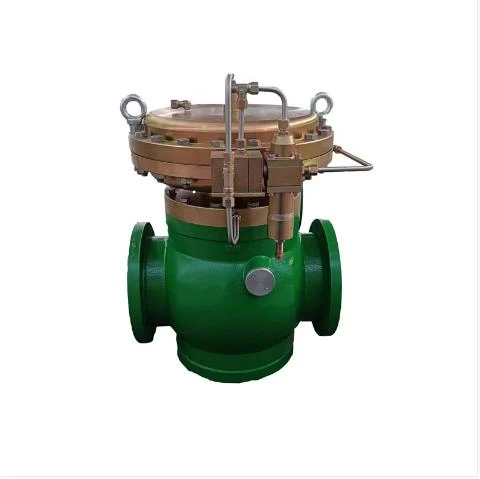
Dec . 04, 2024 16:38
Back to list
gas filtration
Understanding Gas Filtration A Comprehensive Overview
Gas filtration is a critical technology employed across various industries to remove pollutants, particulates, and harmful substances from gaseous streams. As environmental regulations tighten and public health concerns grow, gas filtration systems have become essential in safeguarding air quality and promoting sustainable practices. This article delves into the principles, applications, and advancements in gas filtration.
What is Gas Filtration?
Gas filtration is a process that involves the separation of solid particles and gaseous contaminants from a gas stream. This process can take place in several stages, often using multiple filtration mechanisms, including mechanical, electrostatic, and chemical means. The primary goal is to purify the gas, rendering it safe for release into the environment or suitable for further industrial use.
Mechanisms of Gas Filtration
1. Mechanical Filtration This is the most common method, utilizing physical barriers such as mesh screens or filter media to trap larger particulates. Mechanical filters can vary in size and design, including HEPA (High-Efficiency Particulate Air) filters, which can capture particles as small as 0.3 micrometers with an efficiency of 99.97%.
2. Electrostatic Filtration This method employs electrical charges to attract and capture particles. As gases pass through an electrostatic filter, particles become charged and are drawn to oppositely charged surfaces. This technology is especially effective for fine particulate matter and is often used in industrial applications, including power plants.
3. Chemical Filtration Some gas filtration systems integrate chemical processes to remove volatile organic compounds (VOCs) or other harmful gases. This includes the use of activated carbon filters or catalytic converters, which facilitate chemical reactions to neutralize pollutants.
Applications of Gas Filtration
Gas filtration has a wide range of applications across various sectors
gas filtration

- Air Quality Control In urban environments, gas filtration systems are vital for controlling air pollution caused by traffic, industrial emissions, and other sources. Air filtration units are commonly integrated into HVAC systems to provide clean indoor air.
- Industrial Emissions Factories and power plants often produce significant amounts of harmful gases. Gas filtration systems help capture and treat these emissions, ensuring compliance with environmental regulations and minimizing the impact on the surrounding community.
- Chemical Processing During the manufacturing of chemicals, gases released can be toxic. Implementing effective gas filtration not only protects the environment but also ensures the safety of workers.
- Healthcare In medical facilities, particularly during the COVID-19 pandemic, gas filtration plays a pivotal role in maintaining sterile environments. HEPA filters are widely used in operating rooms and isolation units to eliminate airborne pathogens.
Advances in Gas Filtration Technologies
Recent advancements in materials science and engineering have significantly improved gas filtration efficiency. Innovations include the development of nanomaterials that enhance the surface area and reactivity of filtration media. Moreover, smart filtration systems equipped with sensors can monitor air quality in real-time, automatically adjusting filtration rates based on detected pollution levels.
Sustainability is also a driving force behind new technologies. Researchers are exploring biodegradable filter materials and recycling methods for spent filters to reduce environmental impact. Such developments align with broader goals of waste reduction and resource conservation.
Conclusion
Gas filtration is an indispensable component of modern industrial processes and environmental management. As awareness of air quality and public health issues rises, the importance of effective gas filtration systems will only continue to grow. Through ongoing technological advancements and a commitment to sustainability, we can look forward to more efficient and eco-friendly ways to ensure clean and safe air for future generations.
Next:
Latest news
-
Safety Valve Spring-Loaded Design Overpressure ProtectionNewsJul.25,2025
-
Precision Voltage Regulator AC5 Accuracy Grade PerformanceNewsJul.25,2025
-
Natural Gas Pressure Regulating Skid Industrial Pipeline ApplicationsNewsJul.25,2025
-
Natural Gas Filter Stainless Steel Mesh Element DesignNewsJul.25,2025
-
Gas Pressure Regulator Valve Direct-Acting Spring-Loaded DesignNewsJul.25,2025
-
Decompression Equipment Multi-Stage Heat Exchange System DesignNewsJul.25,2025

